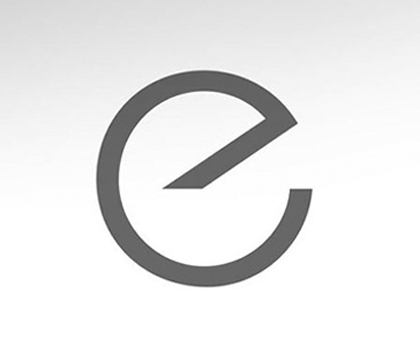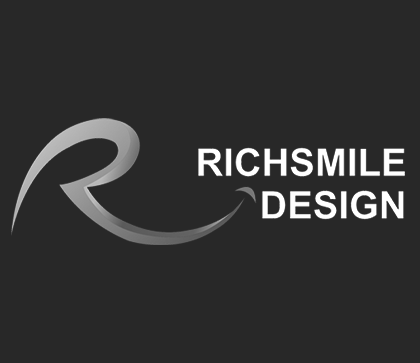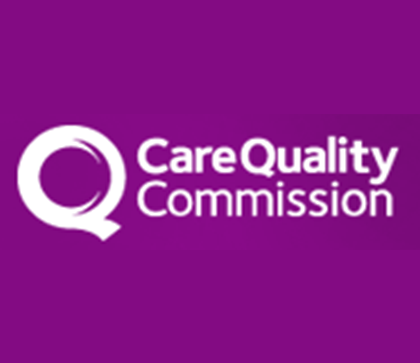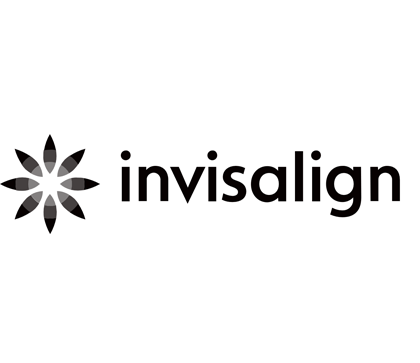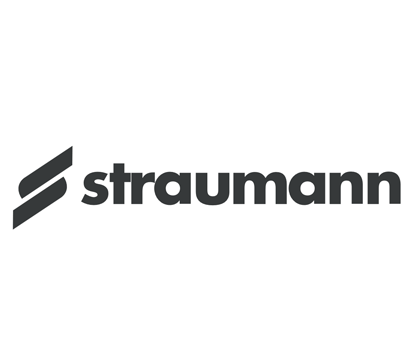
Here’s what you need to do in a dental emergency.
August 31, 2022
No one likes a dental emergency, but it’s key that we learn or have an idea of what to do
if it arises, what is a tooth emergency, or dental emergency? A dental emergency is
generally categorised as severe pain that cannot be suppressed with pain medication,
you’ve knocked a tooth or teeth out, an infection or uncontrolled bleeding from the
mouth. When it comes to a dental emergency, A&E may be your first thought, but let’s
discuss who you should contact.
Who to contact if you have a dental emergency during the day?
If you are having a dental emergency, NHS treatment is available if you are with an NHS
practice. You can simply call them up and ask for an appointment for a dental
emergency. If they are unable to give you an appointment urgently, you can opt for
another practice, but note, that this may be private. If you are experiencing pain from an
abscess (dental infection) that feels like it is spreading, uncontrolled bleeding or pain that
feels like it is beginning to spread to additional areas you need to visit the emergency
room. If you cannot visit your dentist immediately, we advise getting yourself to A&E or
Call 111 if your condition is manageable for some advice.
You can also use the options we’re about to give for emergencies during the night…
Who to contact if you have a dental emergency at night?
Whilst there may be some dental practices open all hours of the day and night such as a
dental emergency clinic, with a dentist on standby for the night shift, you may need to
visit A&E. Many 24-hour dental practices will be privatised so if you are a patient with the
NHS, A&E may be preferable, but remember, you have both options available to you.
Calling 111 will give you free NHS advice, they will note your symptoms and advise you
whether you need to visit the emergency room, if you are undecided whether you need
to visit the emergency room, calling 111 will help!
If you have a dental emergency but no dentist you can call practices local to you to ask if
any have availability to support you, however, if they do not have the capacity to treat
you, you should opt to call 111 or visit A&E if you do have an emergency.
Whilst awaiting medical attention, is there anything you can do to improve the situation?
You may be thinking, do I need a dental emergency kit? If you have a first aid kit, it is
likely that you will already have some of the possible aids. Here are some of the
essentials to have in your first aid kit: over the counter pain medications that should be
you are first going to as a way to deal with the pain, ibuprofen is usually a more popular route
due to its anti-inflammatory properties, dental floss, bottled salt water, sterile gauze, ice
packs and tweezers. In terms of home remedies, there isn’t always a lot you can do to
improve the situation, and when it comes to waiting for medical attention we suggest you
do your best to keep your mouth clean and manage the pain.
To summarise if you have any of the symptoms discussed earlier in this blog we suggest
you call your dental practice if you can or 111 if you are unable to access a dental
emergency clinic. However, if you do find yourself in extreme pain or with uncontrollable
bleeding you will need to be seen immediately as a matter of emergency. Toothache can
be caused by a multitude of things however if you have a dental abscess (infection) that
is causing the toothache or an impact injury you will need to seek urgent medical care,
as dental emergency care is vital. Do not ignore a dental emergency, as with all things
the sooner you act the better the outcome should be. Dental emergency charges will
occur if you visit a private dental practice or an NHS dental practice but of course, A&E
is free of charge.
Here Are Some Relevant Pieces You Can Read About Emergency Dental Treatments

 Head Office - UK - Unit 1 B 132 Weyhill Road, Andover, Hampshire England, SP10 2PR.
Head Office - UK - Unit 1 B 132 Weyhill Road, Andover, Hampshire England, SP10 2PR. 


